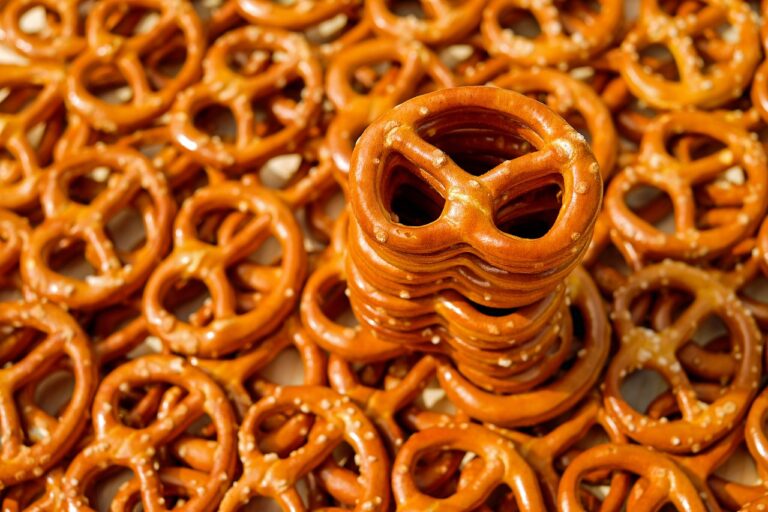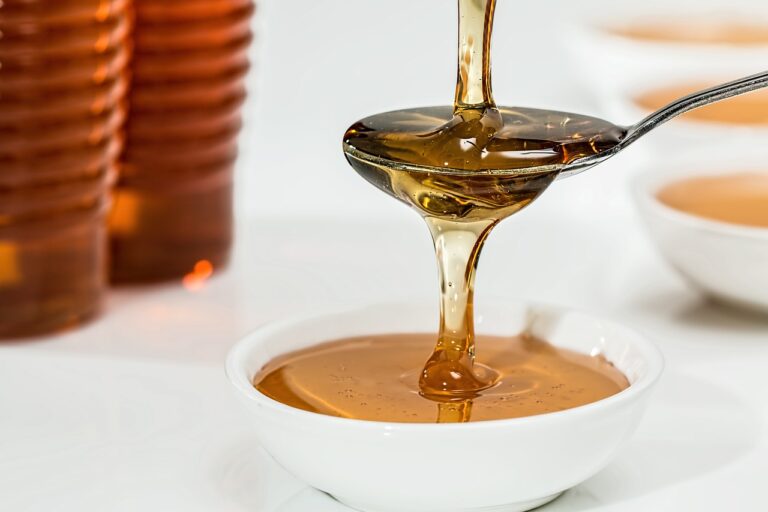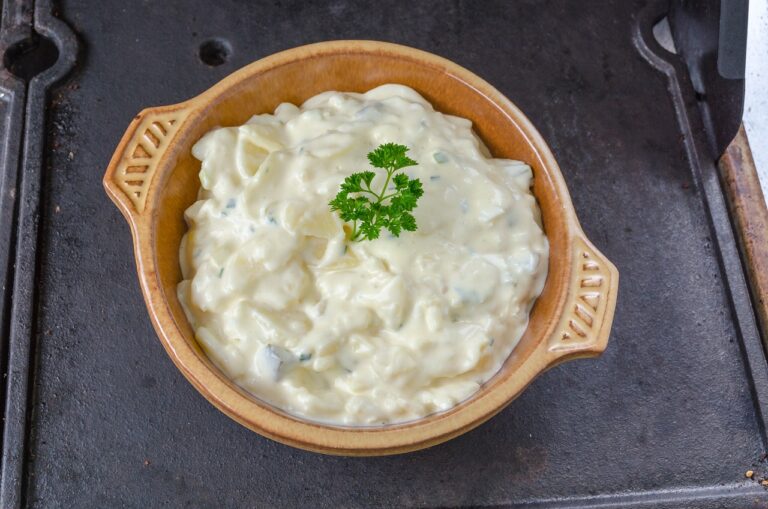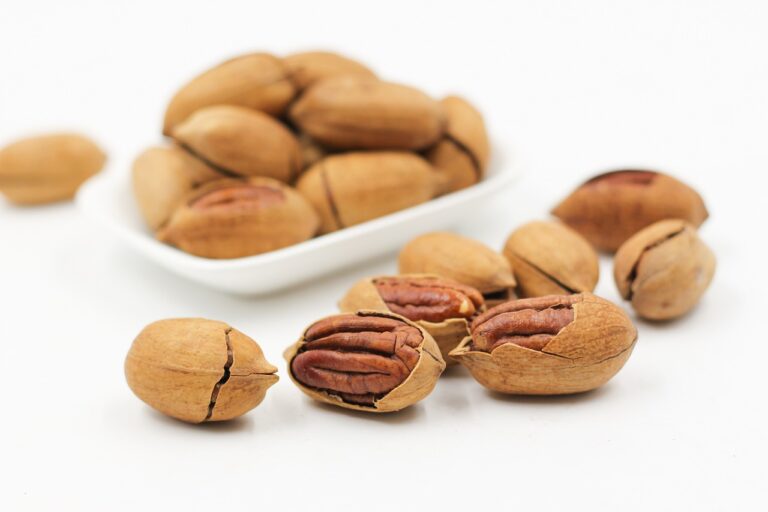10 Captivating Reasons Why You Are Craving Gluten

Gluten, a protein found in wheat, barley, and rye, often gets a bad rap due to its association with gluten sensitivity and celiac disease. However, for those without such conditions, gluten-containing foods can be a source of intense cravings. This comprehensive article explores the phenomenon of craving gluten, offering insights into why these cravings occur and what they might mean for our bodies and minds.
Why Am I Craving Gluten?
1. Familiar Comfort Foods
Many gluten-containing foods, such as bread, pasta, and pastries, are staples of comfort food for countless individuals. These foods are often associated with warmth, comfort, and emotional well-being, deeply ingrained in our memories and emotions from a young age.
The craving for gluten often stems from the psychological comfort these foods provide. In times of stress or emotional distress, our bodies seek the familiar and comforting, leading us to crave foods that have been sources of consolation in the past. This connection between comfort and gluten-containing foods is powerful, driving the desire for these foods in times of need.
2. Texture and Taste Satisfaction
Gluten plays a crucial role in the texture and taste of many foods. It gives bread its chewiness, pasta its firmness, and pastries their flakiness. The unique textures and flavors that gluten imparts to foods can make them particularly satisfying to eat.
The sensory satisfaction derived from consuming gluten-containing foods can lead to cravings, as our bodies seek the pleasure associated with these eating experiences. The combination of taste and texture that gluten provides is difficult to replicate with gluten-free alternatives, making the craving for authentic gluten-containing foods more pronounced.
3. Nutritional Deficiencies
Cravings for gluten-containing foods can sometimes indicate a nutritional deficiency. Foods rich in gluten are also sources of essential nutrients, such as fiber, iron, and B vitamins. When the body lacks these nutrients, it may signal a craving for foods that can supply them.
Addressing nutritional deficiencies through a balanced diet can help reduce cravings for specific foods, including those containing gluten. By ensuring a diet rich in varied nutrients, the body’s needs are met, potentially decreasing the frequency and intensity of cravings.
4. Emotional Eating
Emotional eating is a common response to stress, anxiety, and depression. For many, gluten-containing foods are the go-to choice during emotional upheavals. The act of eating these foods can temporarily alleviate negative emotions, reinforcing the craving cycle.
Understanding the emotional triggers behind gluten cravings is crucial for managing them. By finding healthier coping mechanisms for stress and emotional distress, individuals can reduce their reliance on food for emotional comfort, thereby decreasing their cravings for gluten-containing foods.
5. Habit and Routine
Eating habits and routines play a significant role in food cravings. If a diet heavily features gluten-containing foods, the body becomes accustomed to their regular consumption, leading to cravings when these foods are not consumed.
Breaking the cycle of habit and routine can be challenging but is essential for managing cravings. Gradually introducing gluten-free alternatives and diversifying the diet can help reduce dependency on gluten-containing foods, alleviating the urge to consume them out of habit.
6. Social and Cultural Influences
Social gatherings and cultural traditions often feature gluten-containing foods prominently. This social and cultural embedding can trigger cravings, especially in contexts where these foods are celebrated or considered the norm.
Being mindful of social and cultural influences on eating behaviors can help individuals make more conscious food choices. Finding balance and moderation, even within social and cultural contexts, is key to managing cravings for gluten.
7. The Role of Gut Health
Emerging research suggests a link between gut health and food cravings. An imbalance in gut flora may influence cravings for certain foods, including those containing gluten. The gut-brain axis plays a crucial role in signaling hunger and cravings to the brain, influenced by the health and composition of the gut microbiome.
Improving gut health through a diet rich in probiotics, prebiotics, and fiber can help balance gut flora and potentially reduce cravings for gluten-containing foods. This approach supports overall health and well-being, addressing the root causes of cravings.
8. Psychological Reward
The consumption of gluten-containing foods can trigger the release of feel-good neurotransmitters, such as serotonin and dopamine. This psychological reward makes eating these foods particularly appealing, reinforcing the craving for the pleasure they provide.
Understanding the psychological rewards associated with eating gluten-containing foods can help individuals find alternative sources of satisfaction. Engaging in activities that also release these neurotransmitters, like exercise or hobbies, can offer non-food-related rewards, reducing the intensity of cravings.
9. Physical Activity Levels
Physical activity levels can influence food cravings, including the craving for gluten. Exercise affects appetite-regulating hormones, which can alter food preferences and cravings. Individuals who lead a sedentary lifestyle may experience more intense cravings, including for gluten-containing foods.
Incorporating regular physical activity into one’s routine can help manage cravings by balancing the body’s energy needs and appetite signals. Exercise can also provide an alternative source of stress relief and emotional satisfaction, reducing the urge to seek comfort in food.
10. Sleep Patterns
Sleep plays a vital role in regulating hunger and appetite hormones. Poor sleep quality or insufficient sleep can increase cravings for high-calorie, carbohydrate-rich foods, including those containing gluten.
Improving sleep hygiene and ensuring adequate rest can help balance the body’s hunger signals and reduce cravings for gluten-containing foods. A well-rested body is better equipped to make healthier food choices, emphasizing the importance of sleep in managing cravings.
Understanding the multifaceted nature of gluten cravings is crucial for addressing them effectively. Whether driven by emotional, physiological, or habitual factors, recognizing the underlying causes can help individuals develop strategies to manage these cravings, leading to a more balanced and health-conscious approach to eating.






